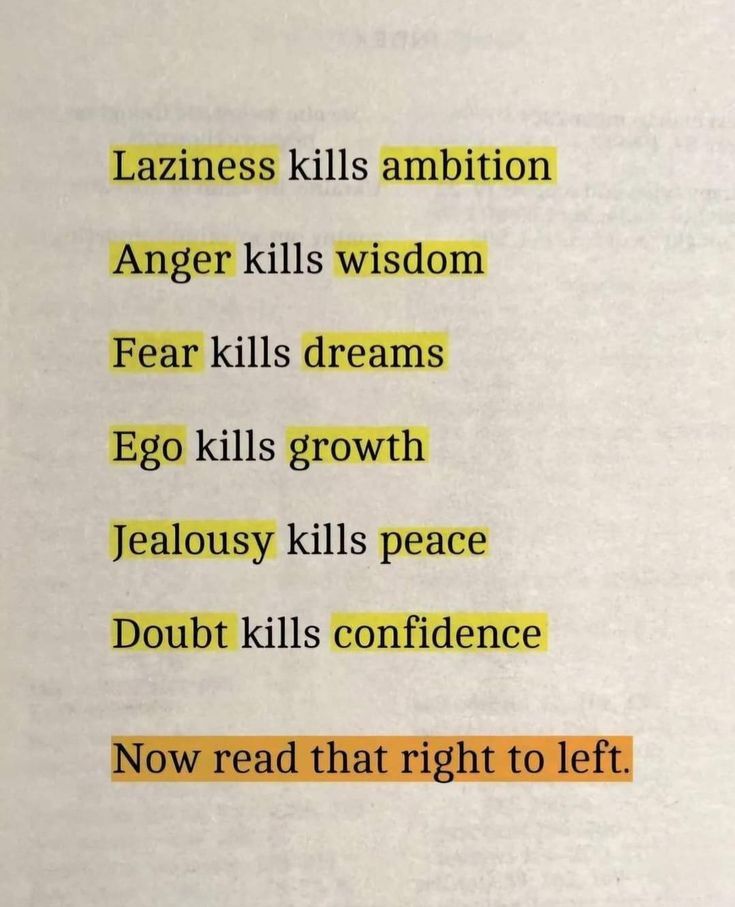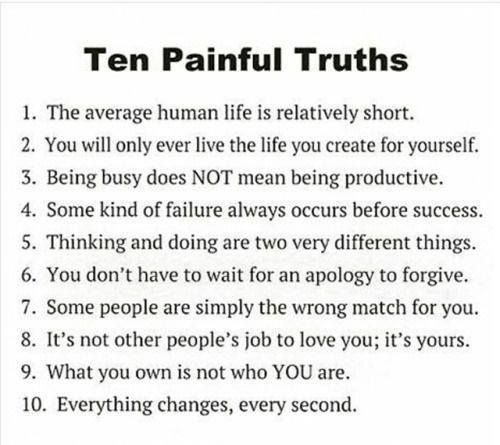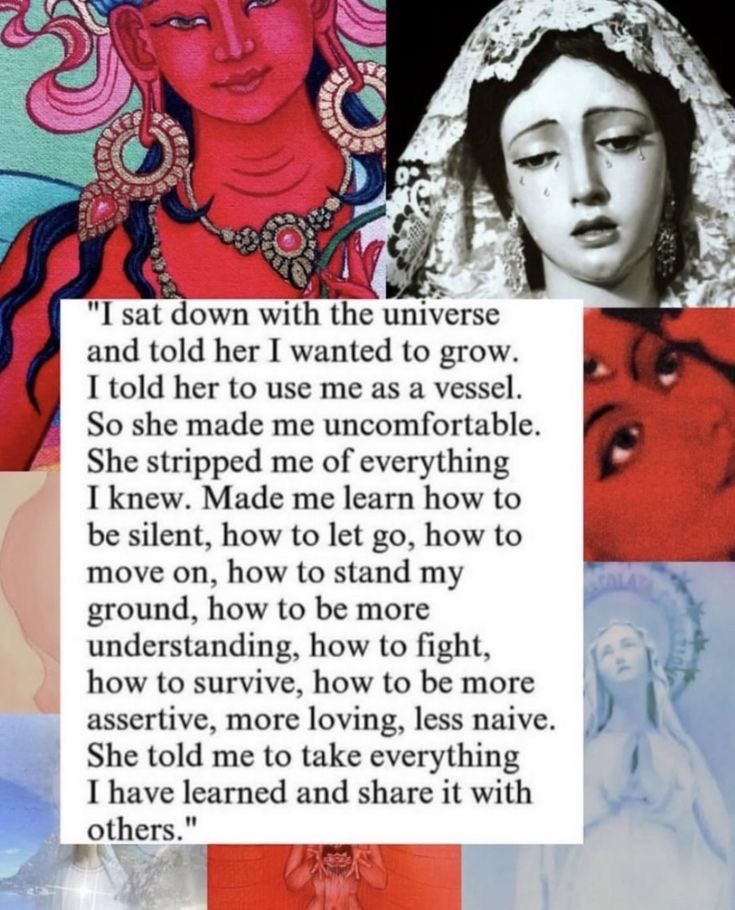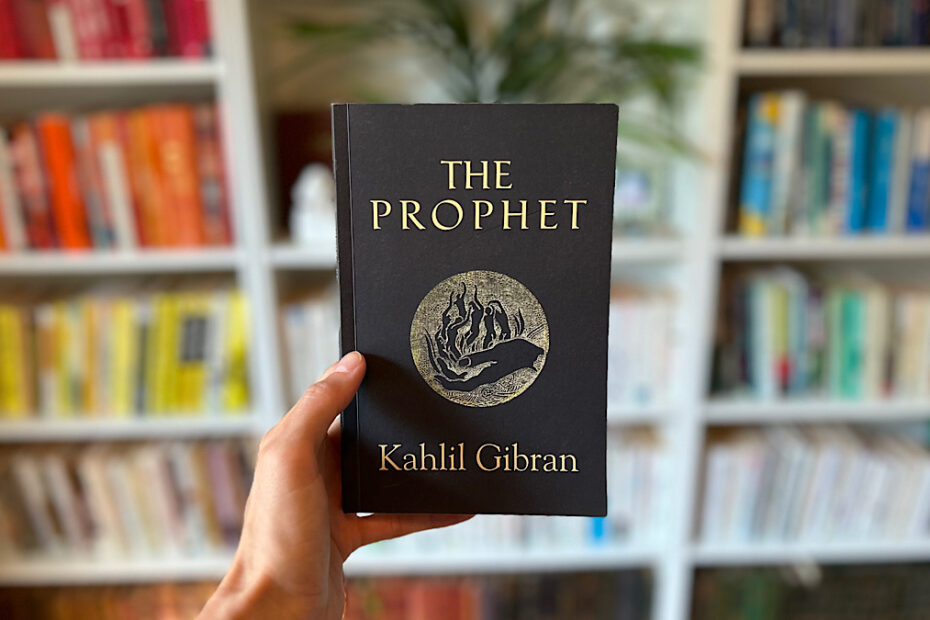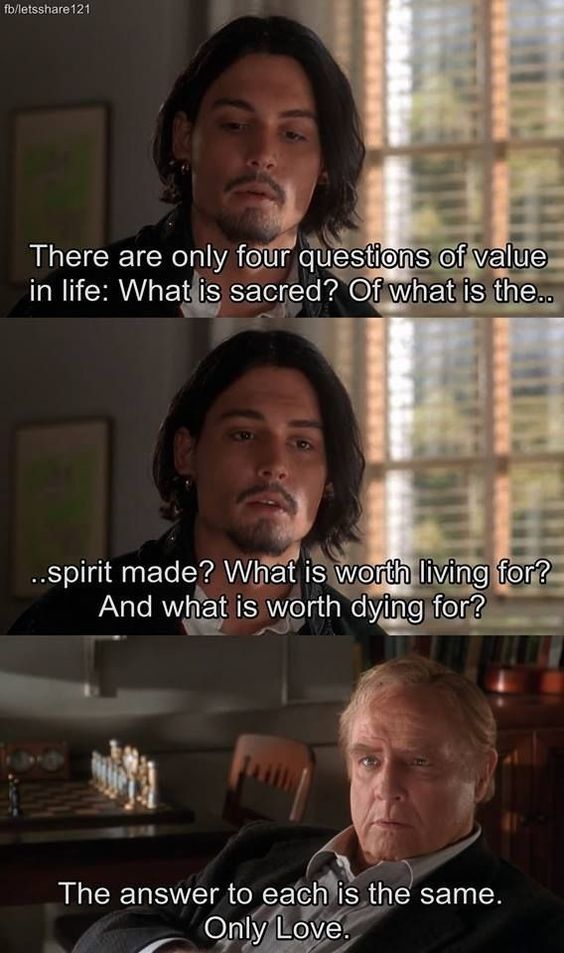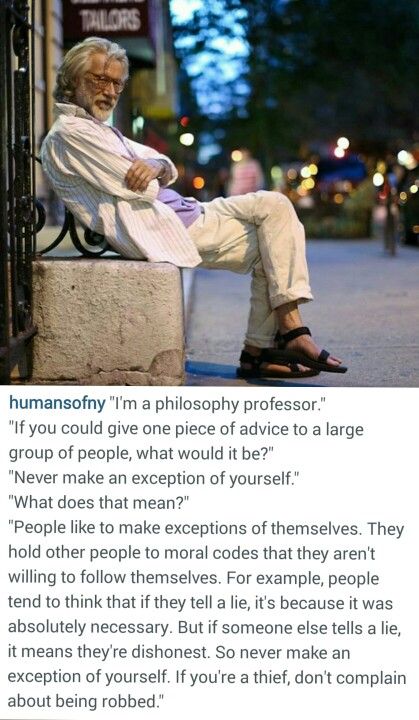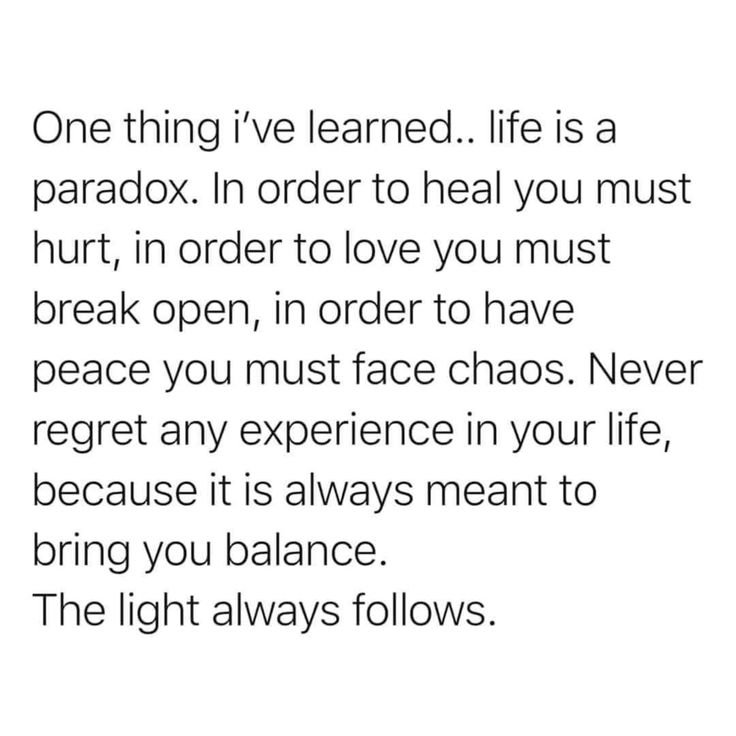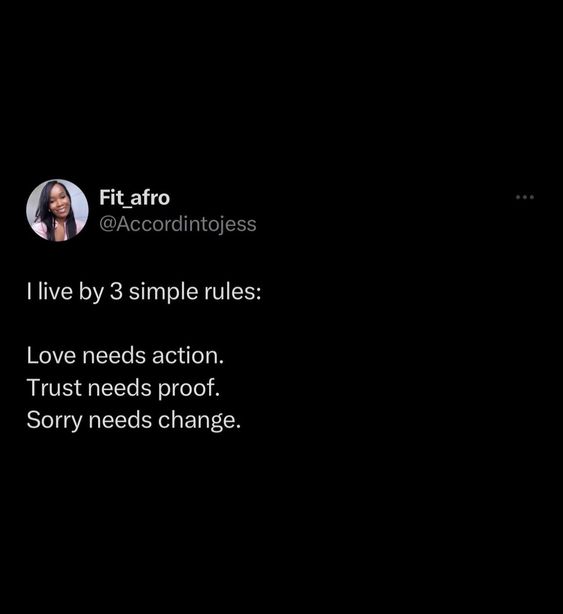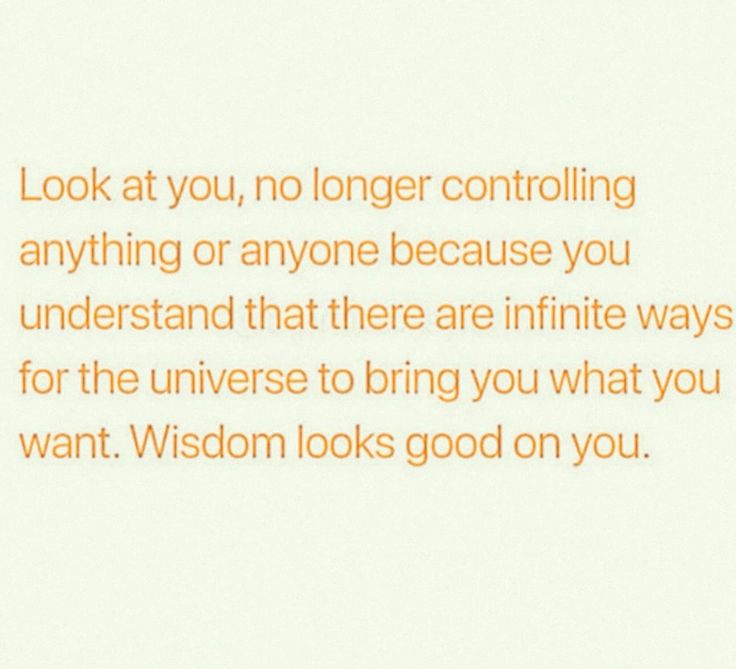“There are two ways to live a longer life: 1) Biologically. Extend the timeline between your birth and your death. 2) Psychologically. Fit more lives into whatever time you are given. Make each decade rich with experiences and perhaps you can live a handful of lives before you are done.”
James Clear
18 Kahlil Gibran Quotes from The Prophet and Insights For Fulfilled Living
Excerpt: …One of those rare books that’s concise AND deep. Read these 18 quotes from The Prophet and update your thinking on fulfilled living today.
Read More »18 Kahlil Gibran Quotes from The Prophet and Insights For Fulfilled Living
“Wisdom cannot be communicated. Wisdom that a wise man tries to communicate always sounds foolish. Knowledge can be communicated, but not wisdom. We can find it, we can live it, we can be carried by it, we can work wonders with it, but we cannot utter it or teach it.”
Hermann Hesse, Siddhartha (Page 124)
“Slowly blossomed, slowly ripened in Siddhartha the insight, the knowledge of what wisdom actually is, what the goal of his long seeking was. It was nothing but a readiness of the soul, an ability, a secret art, to think the thought of oneness, to feel and breathe the oneness at every moment, in the midst of life. Slowly this blossomed in him, brightly emanated to him from Vasudeva’s old childlike face: harmony, knowledge of the eternal perfection of the world, smiling, oneness.”
Hermann Hesse, Siddhartha (Page 114)
“I had to go through so much stupidity, so much vice, so much error, so much disgust and disillusion and distress, merely in order to become a child again and begin afresh. But it was right, my heart says yes, my eyes are laughing. I had to experience despair, I had to sink down to the most foolish of all thoughts, to the thought of suicide, in order to experience grace, to hear om again, to sleep properly again and to awaken properly again. I had to become a fool in order to find Atman in me again. I had to sin in order to live again.”
Hermann Hesse, Siddhartha (Page 85)
“He mused deeply, descending to the very bottom of this sensation as if through deep water, all the way down to where the causes rest. For, it seemed to him, thinking is recognizing causes, and that is the only way in which sensations become insights: they are not lost, they become substance and begin to radiate what is within them.”
Hermann Hesse, Siddhartha (Page 35)
“I have never doubted you for a moment, I have never doubted for a moment that you are the Buddha, that you have attained the goal, the highest, which so many thousands of Brahmins and sons of Brahmins are journeying to reach. You have found the deliverance from death. It came to you from your own seeking, on your own path, through thinking, through meditation, through knowledge, through illumination. It did not come through a teaching! And—this is my thought, O Sublime One—no one is granted deliverance through a teaching! You cannot, O Venerable One, impart to anyone, tell anyone in words and through teachings what happened to you in the hour of your illumination. The Teaching of the illuminated Buddha contains a great deal, it teaches many how to live righteously, avoid evil. But there is one thing that the so clear, so venerable Teaching does not contain: it does not contain the secret of what the Sublime One himself has experienced, he alone among the hundreds of thousands. That is what I thought and realized when I heard the Teaching. That is why I am resuming my wandering—not to seek a different, better teaching, for I know that there is none; but to leave all teachings and all teachers and to reach my goal alone or die.”
Hermann Hesse, Siddhartha (Page 32)
“Buddha’s Way to Salvation has often been criticized and doubted, because it is thought to be wholly grounded in cognition. True, but it’s not just intellectual cognition, not just learning and knowing, but spiritual experience that can be earned only through strict discipline in a selfless life.”
Hermann Hesse, Siddhartha (Page xxviii)
Siddhartha [Book]
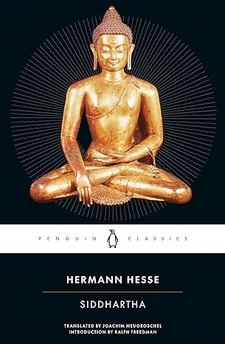
Book Overview: Hesse’s famous and influential novel, Siddartha, is perhaps the most important and compelling moral allegory our troubled century has produced. Integrating Eastern and Western spiritual traditions with psychoanalysis and philosophy, this strangely simple tale, written with a deep and moving empathy for humanity, has touched the lives of millions since its original publication in 1922. Set in India, Siddhartha is the story of a young Brahmin’s search for ultimate reality after meeting with the Buddha. His quest takes him from a life of decadence to asceticism, through the illusory joys of sensual love with a beautiful courtesan, and of wealth and fame, to the painful struggles with his son and the ultimate wisdom of renunciation.
“No man can reveal to you aught but that which already lies half asleep in the dawning of your knowledge.
Kahlil Gibran, The Prophet (Page 53)
The teacher who walks in the shadow of the temple, among his followers, gives not of his wisdom but rather of his faith and his lovingness.
If he is indeed wise he does not bid you enter the house of his wisdom, but rather leads you to the threshold of your own mind.”
The Prophet [Book]
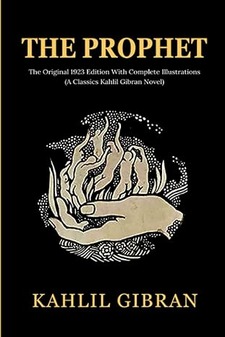
Book Overview: Kahlil Gibran’s masterpiece, The Prophet, is one of the most beloved classics of our time. The Prophet has been translated into over 100 different languages, making it one of the most translated books in history and the American editions alone have sold more than nine million copies. The Prophet is a collection of poetic essays that are philosophical, spiritual, and, above all, inspirational. Gibran’s musings are divided into twenty-eight chapters covering such sprawling topics as love, marriage, children, giving, eating and drinking, work, joy and sorrow, housing, clothes, buying and selling, crime and punishment, laws, freedom, reason and passion, pain, self-knowledge, teaching, friendship, talking, time, good and evil, prayer, pleasure, beauty, religion, and death.
Post(s) Inspired by this Book:

